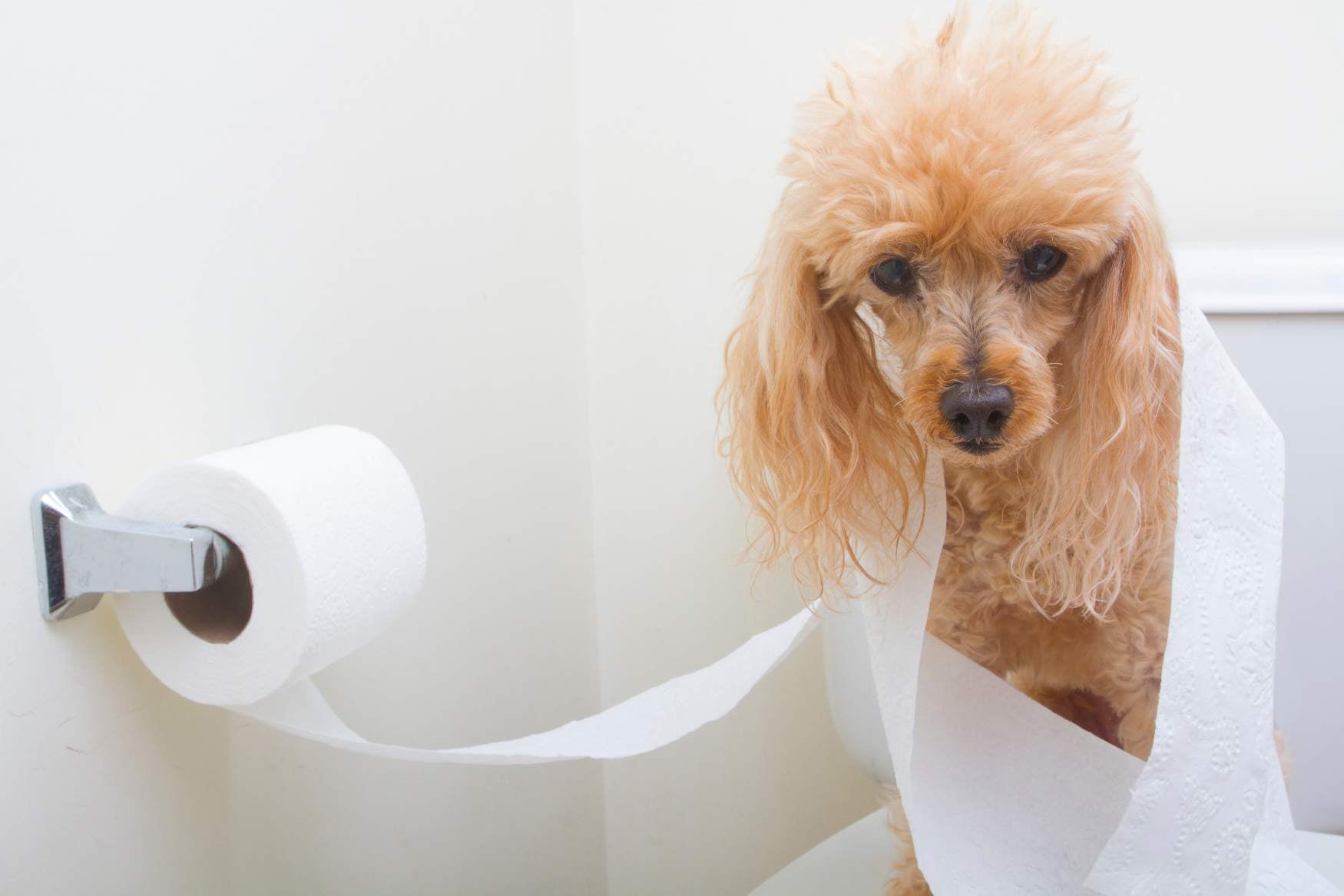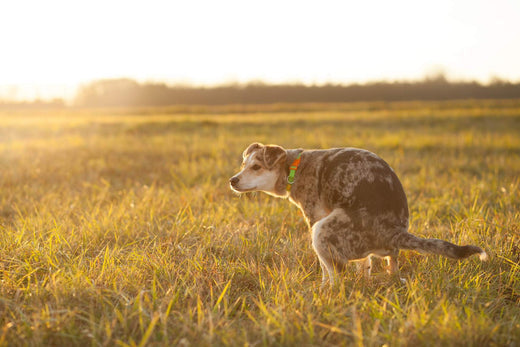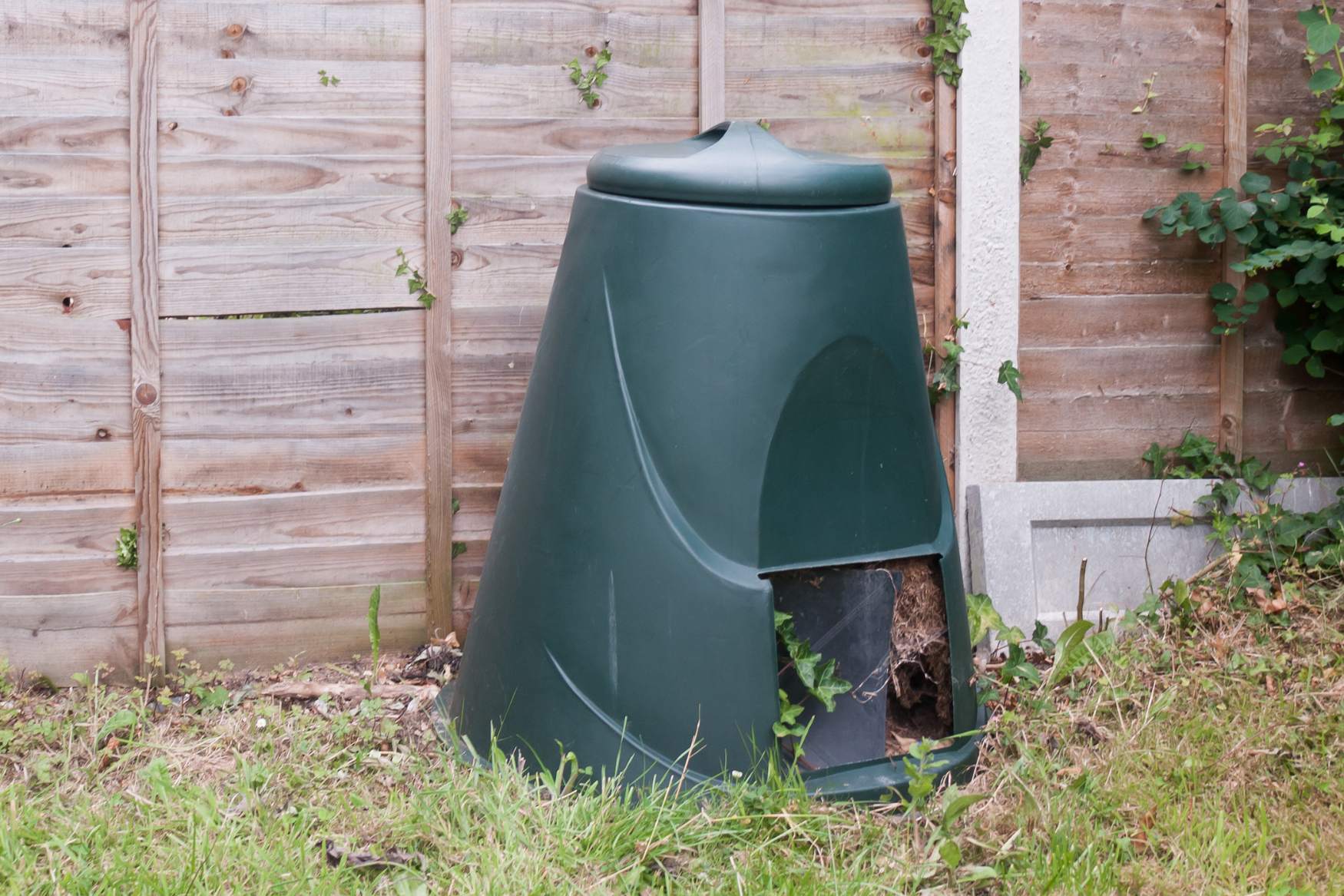Dog poo wormeries are a fantastic way to compost your dog's waste and create nutrient-rich soil for your garden.
Worms are incredibly efficient at breaking down organic material, and dog waste is no exception.
Don't worry, once the worms have done their work there's no smell to the compost or better known as 'vermicompost' either!
However, because of the nature of the waste it's not advised to use the end compost for edible plants or in areas where young children would play, but it is an excellent conditioner to be dug into your garden or used as a bedding for shrubbery and flower beds.
In this short blog post, we will discuss the benefits of dog poo wormeries, how they work, and some important considerations to keep in mind.
Benefits of dog poo wormeries
Wormeries are an excellent way to reduce waste and create a valuable resource for your garden.
By using worms to break down your dog's poo, you can divert waste from landfills and reduce greenhouse gas emissions.
Additionally, the resulting compost is rich in nutrients and can be used to fertilize your plants, saving money on commercial fertilizers.
How dog poo wormeries work
Dog poo wormeries work similarly to traditional worm composting bins. Here are the steps to follow:
-
Choose a wormery: You can purchase a pre-made wormery or make your own using a plastic bin or wooden box.
-
Add bedding: Line the wormery with moistened bedding such as shredded newspaper or cardboard.
-
Add worms: Add red worms to the bedding. These worms are ideal for composting as they are efficient at breaking down organic material.
-
Add dog poo: Collect your dog's waste and add it to the wormery.
-
Keep the wormery moist: Dog waste is dry and needs moisture to decompose properly. Water the wormery regularly to keep it moist, but not too wet.
-
Wait for the worms to do their work: The worms will break down the dog poo and turn it into nutrient-rich compost.
Important considerations
It's important to keep in mind that not all dog poo is suitable for wormeries.
Dog waste from dogs that are sick or on medication should not be composted.
Bear in mind that common parasite treatments we use on dogs, such as spot on flea treatments and worming tablets, are sometimes excreted via the faeces meaning they could pass through your dog and kill off your precious worms!
It's therefore sensible to consider not putting your dog's waste into the wormery approximately 1 week after any worming treatments.
It is critical to be aware that worms do not kill the many pathogens found in dog faeces.
So it is best practice to wear gloves when handling your dog poo vermicompost, don’t get it near your eyes, and always wash your hands thoroughly after handling.
It is also essential that you do not use it on edible plants, only ornamental flowers and shrubs.
Conclusion
Dog poo wormeries are an efficient and eco-friendly way to compost your dog's waste and create nutrient-rich soil for your garden.
By following the proper steps and considering the important considerations, you can enjoy the benefits of composting dog poo while promoting a healthier environment!













